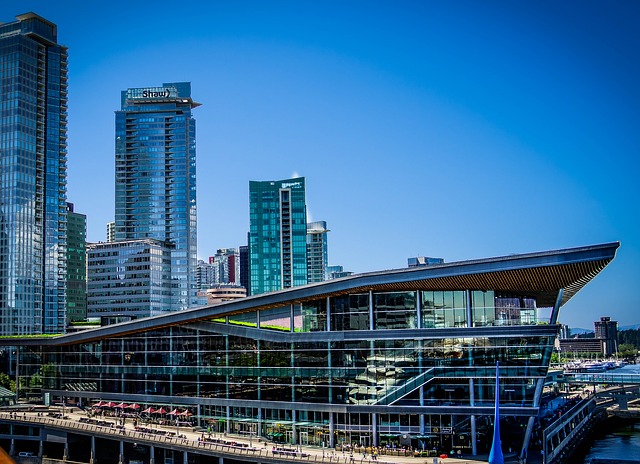Moving to Canada for Work—What You Need to Know
If you are about to finish up college and obtain your degree, you are probably feeling the pressure to land your first job and finally get started in the “real world.” As you and your peers may have found out, your degree isn’t a sure ticket to immediately land the job of your dreams, as it once was. That being said, you may find yourself thinking outside of the box and searching for jobs in places you may not have considered at first. And since you’re reading this article, you’re wondering if moving to Canada could allow you to land that job you desire.
Maybe so. Crossing the border and heading north could open the doors to new job opportunities and a whole new way of life for you. There are plenty of reasons to do it. However, there are a few things you need to take into consideration before making the leap. In the following article, we’ll break it all down and show you exactly what you need to know before making the decision to move to Canada for work.

How to Be Allowed to Work in Canada
It’s important that you understand that it’s not as simple as just driving to the border, showing your passport, and being on your way to your new life. The truth is that unless you have a close relative in Canada, it’s going to take a bit of work to make happen.
There are two things Americans working in Canada typically need. The first is a work permit. The second is a labor market opinion (LMO).
A work permit allows you to legally work in Canada. It’s probably in your best interest to apply for the work permit before you ever get to the border, because anyone can do this. If you need a visa or medical exam prior to entry, you’re going to want to apply to a visa office outside of Canada.
The process isn’t too bad. The hardest part is probably gathering your important documents. You can find a complete guide of what you need, as well as how to go about the application process here.
Keep in mind that it’s usually only valid for a particular job. That said, you want to land the job before applying for the work permit.
Next comes the LMO. Many employers are required to obtain this document from the Government of Canada in order to hire you, a foreign worker. As with the work permit, most people will be required to get an LMO. Although there are some exceptions. You can learn more about both work permits and LMOs here.
The Canadian government offers a handy immigration tool that can help you decide the best plan of action. Check that out here.

Cost of Living
Before you move anywhere, you need to make sure you have a firm grasp on the cost of living. Just like in the U.S., some places are more expensive to live than others. For example, living in Vancouver or Toronto can prove costly, so you will need a high salary to compensate. But if you find somewhere cheaper to live like Montreal, you can accept a lower salary. You can use this site to learn more about cost of living in Canada.
Landing the Job
Finding jobs in Canada isn’t too much different than searching for jobs in the states. Some of the same resources are available, although there are a few differences. Here are a few ways to go about your Canadian job search.
- Use a job site. Sites like Careerbuilder.ca make searching for a job a breeze. You can search by location or by job type. There are also lots of tools on site to help you out.
- Visit a recruitment exhibition. Oftentimes employers will search internationally for employees at large recruitment exhibitions. This could be a good way to get a face to face meeting with someone.
- Contact your local global recruitment agency, as they may offer assistance in your job search.
Want to work in Canada after college? There are lots of opportunities awaiting you. Remember, the sooner you start looking the better!



